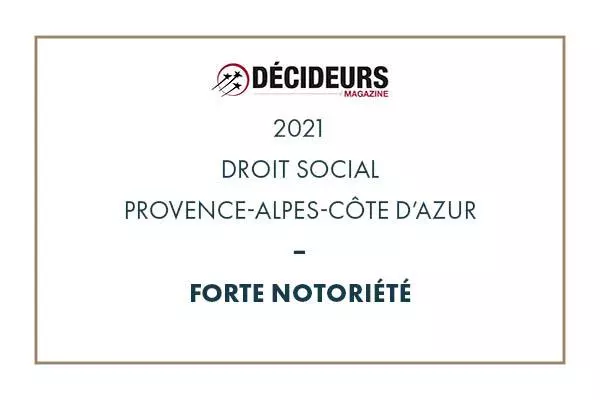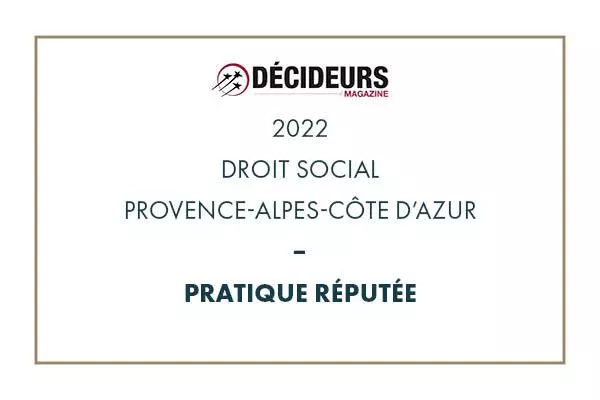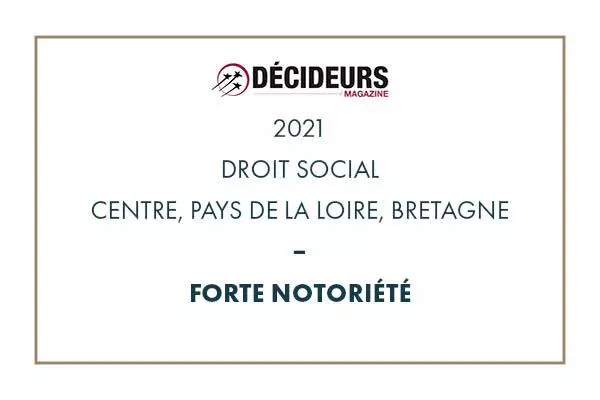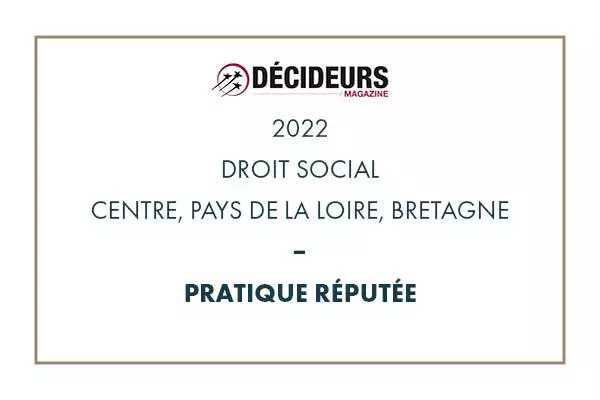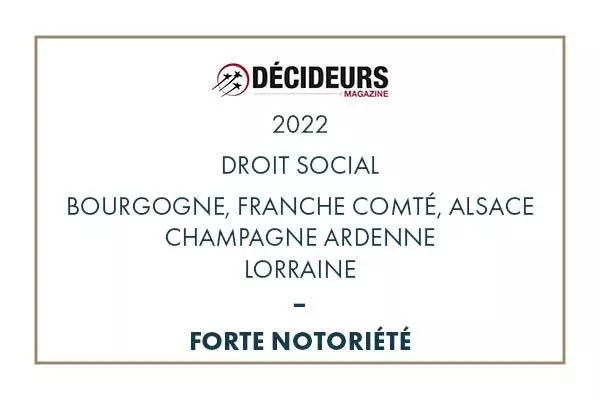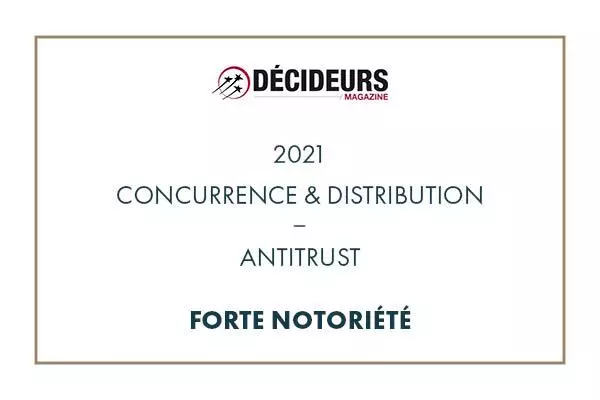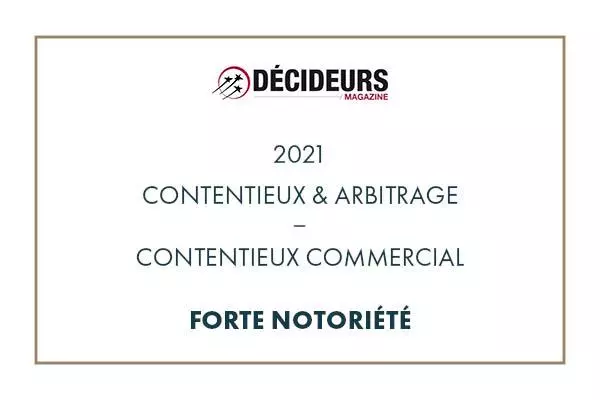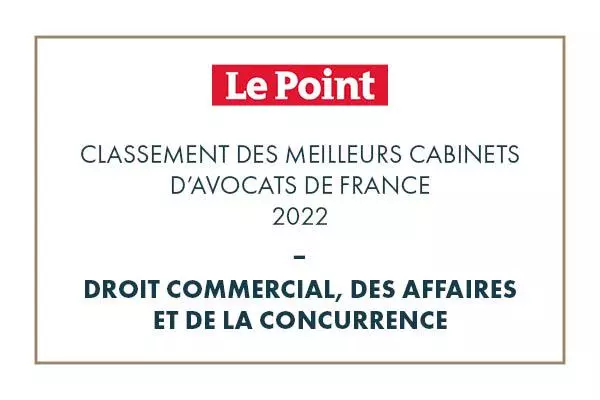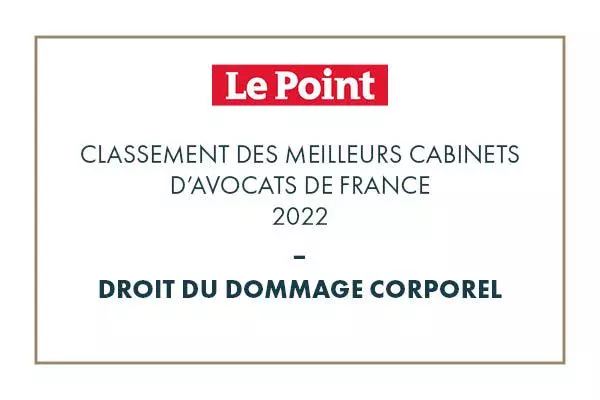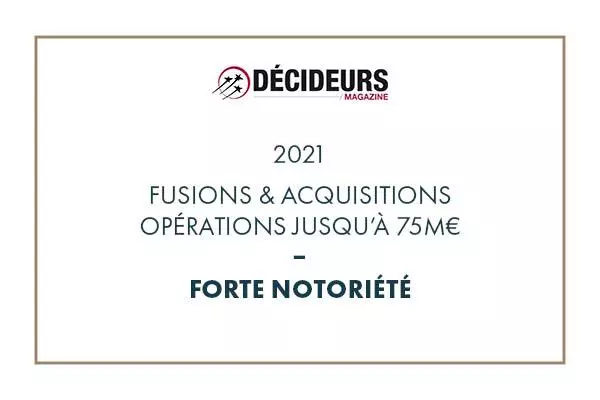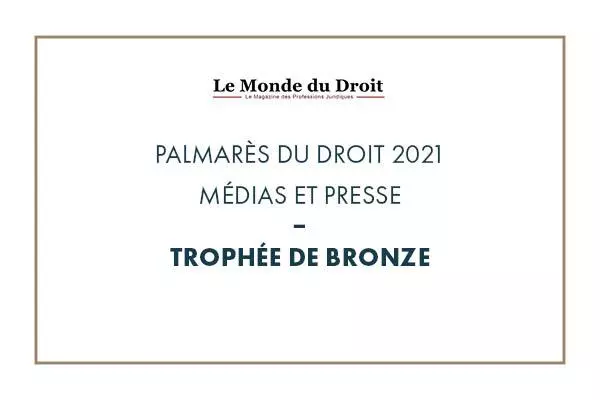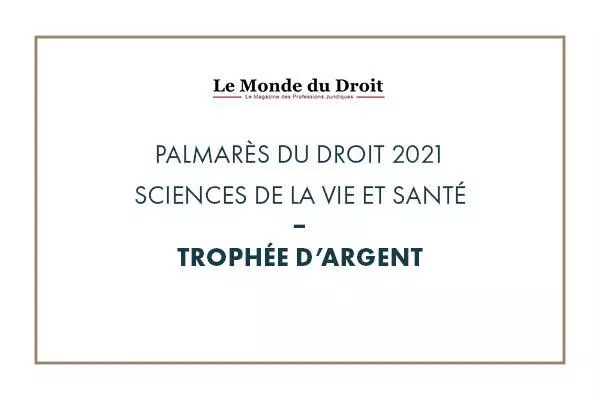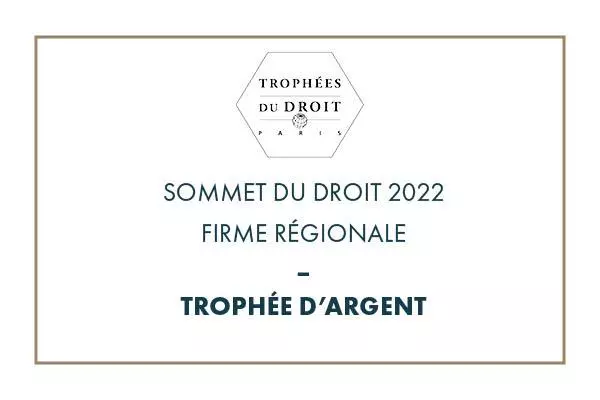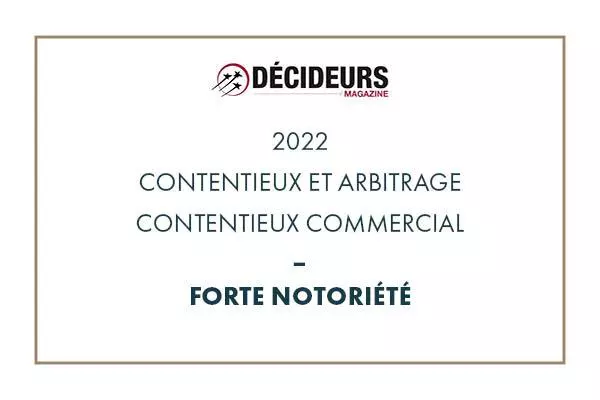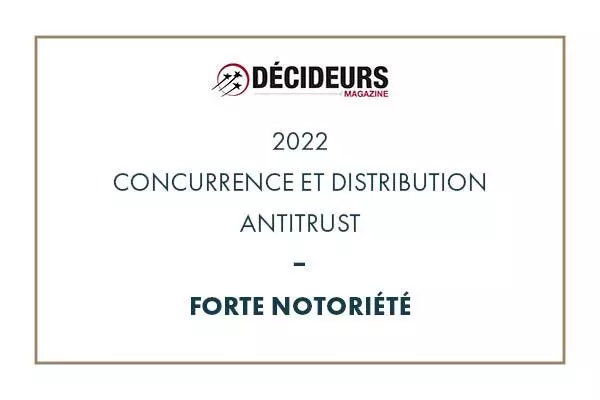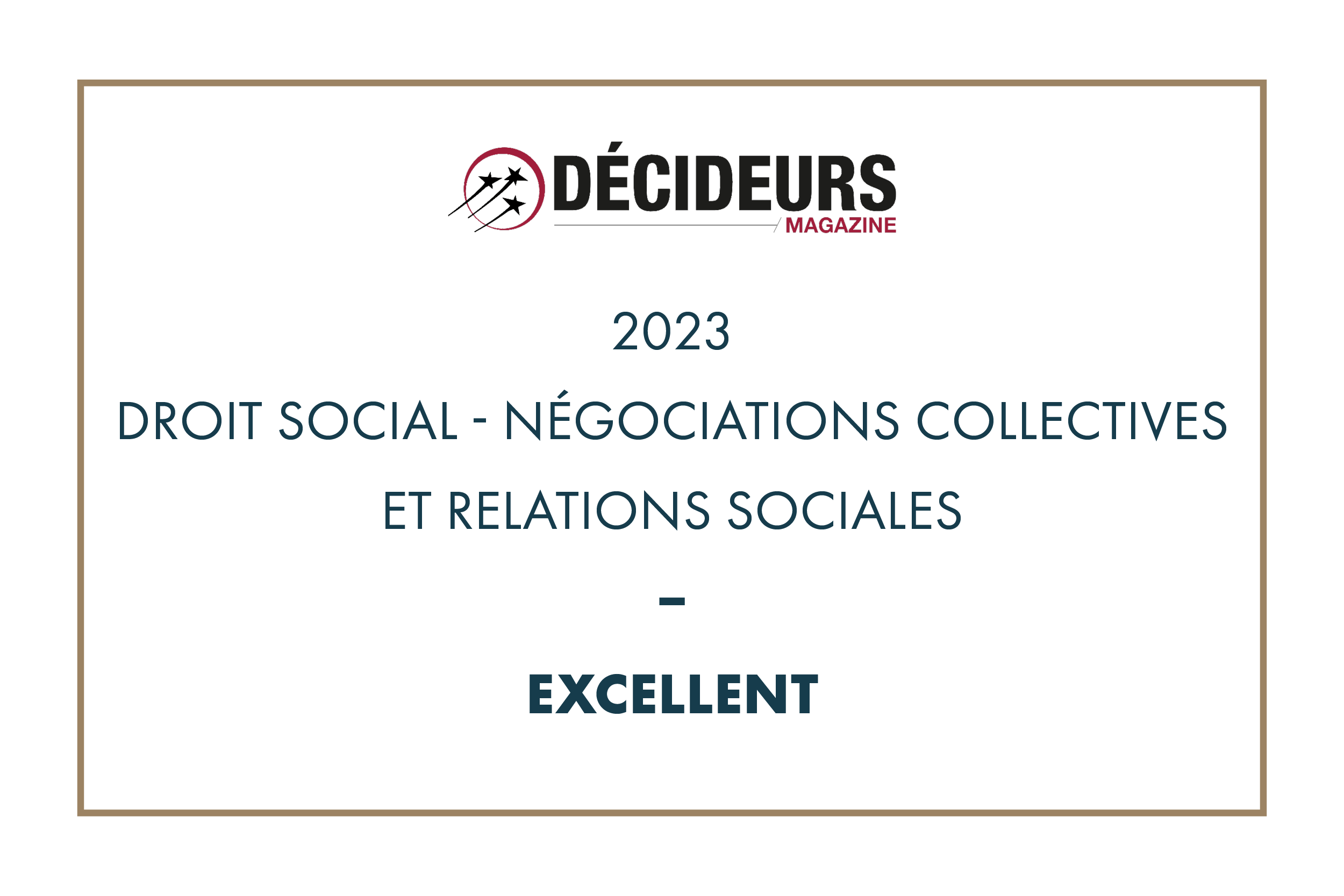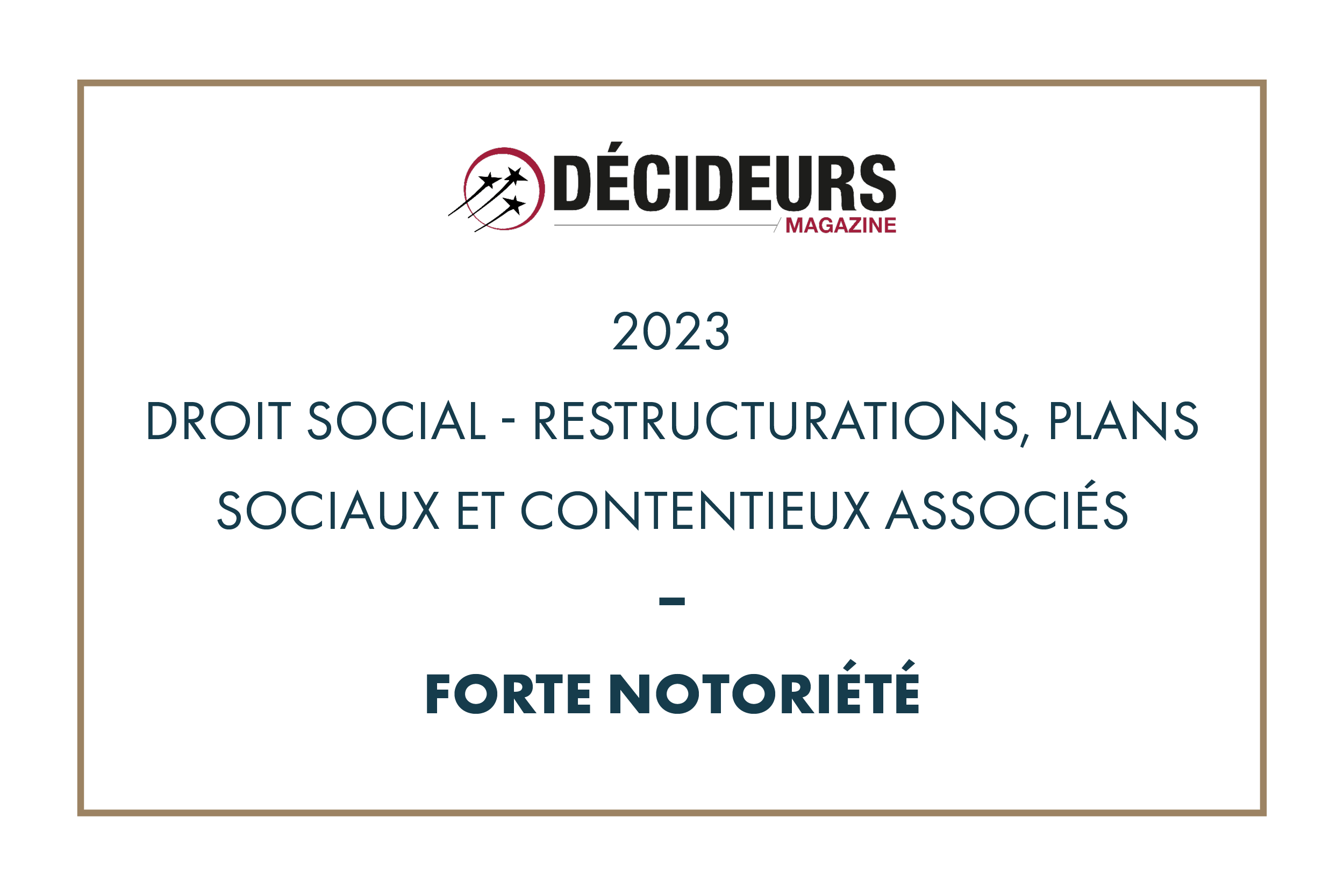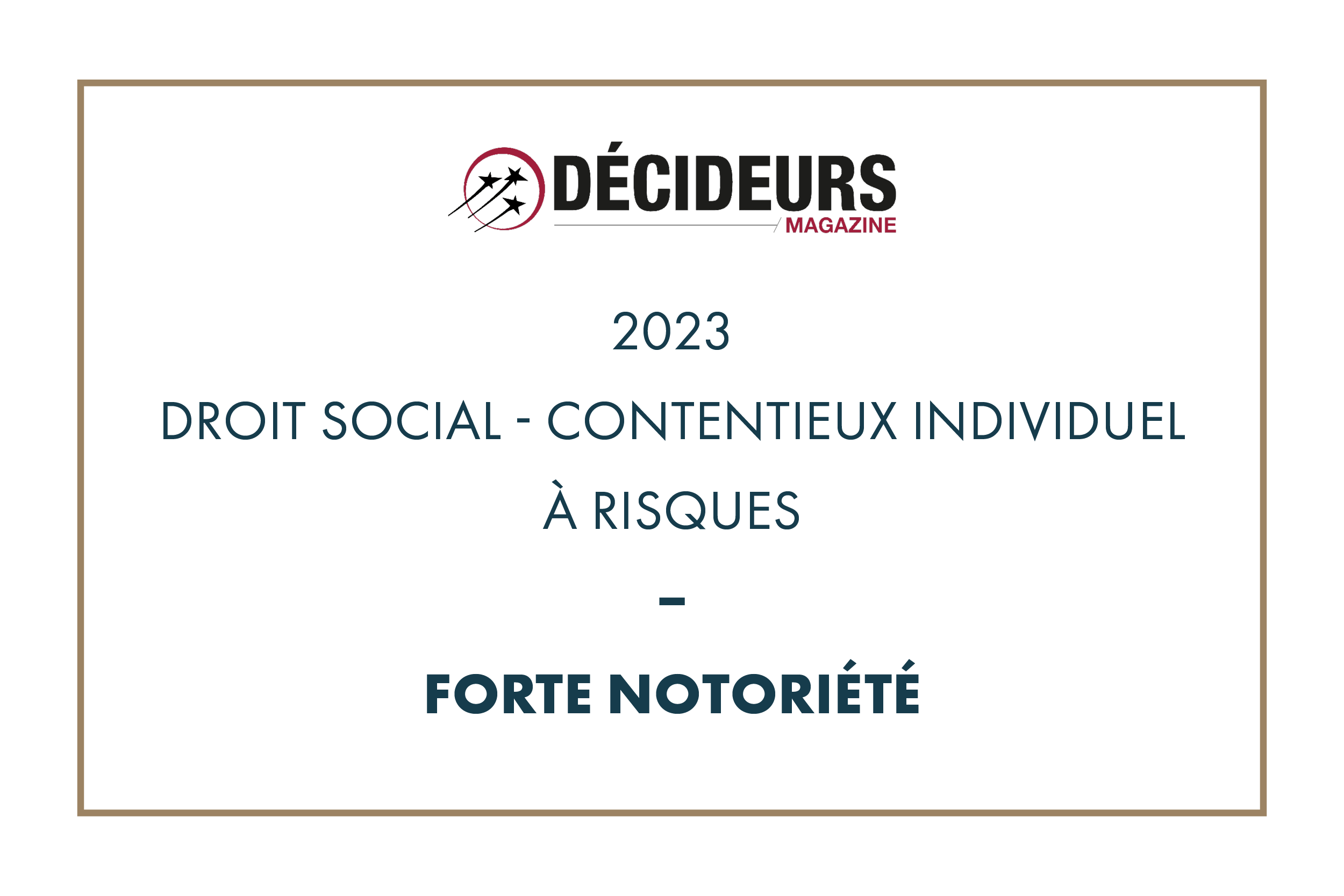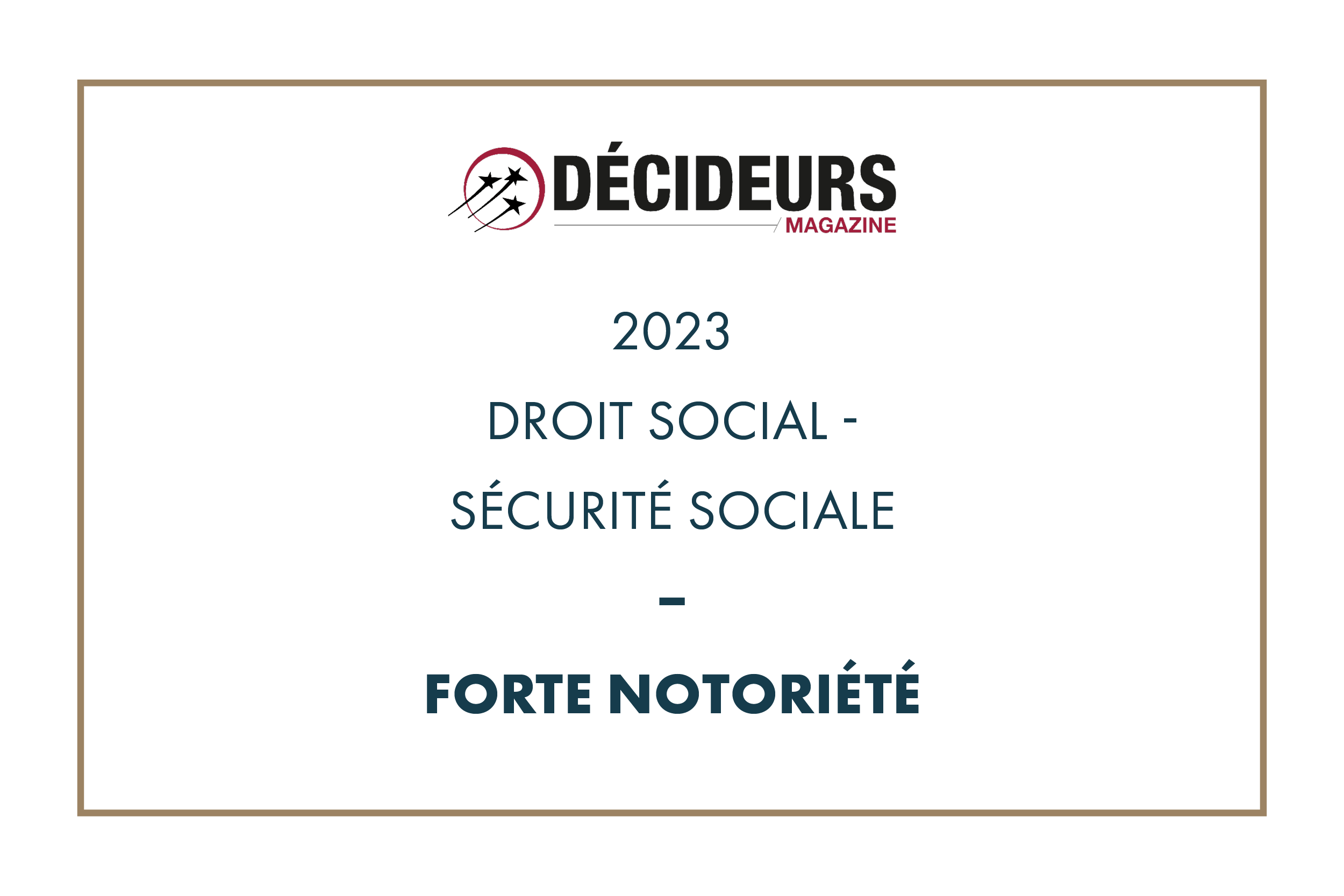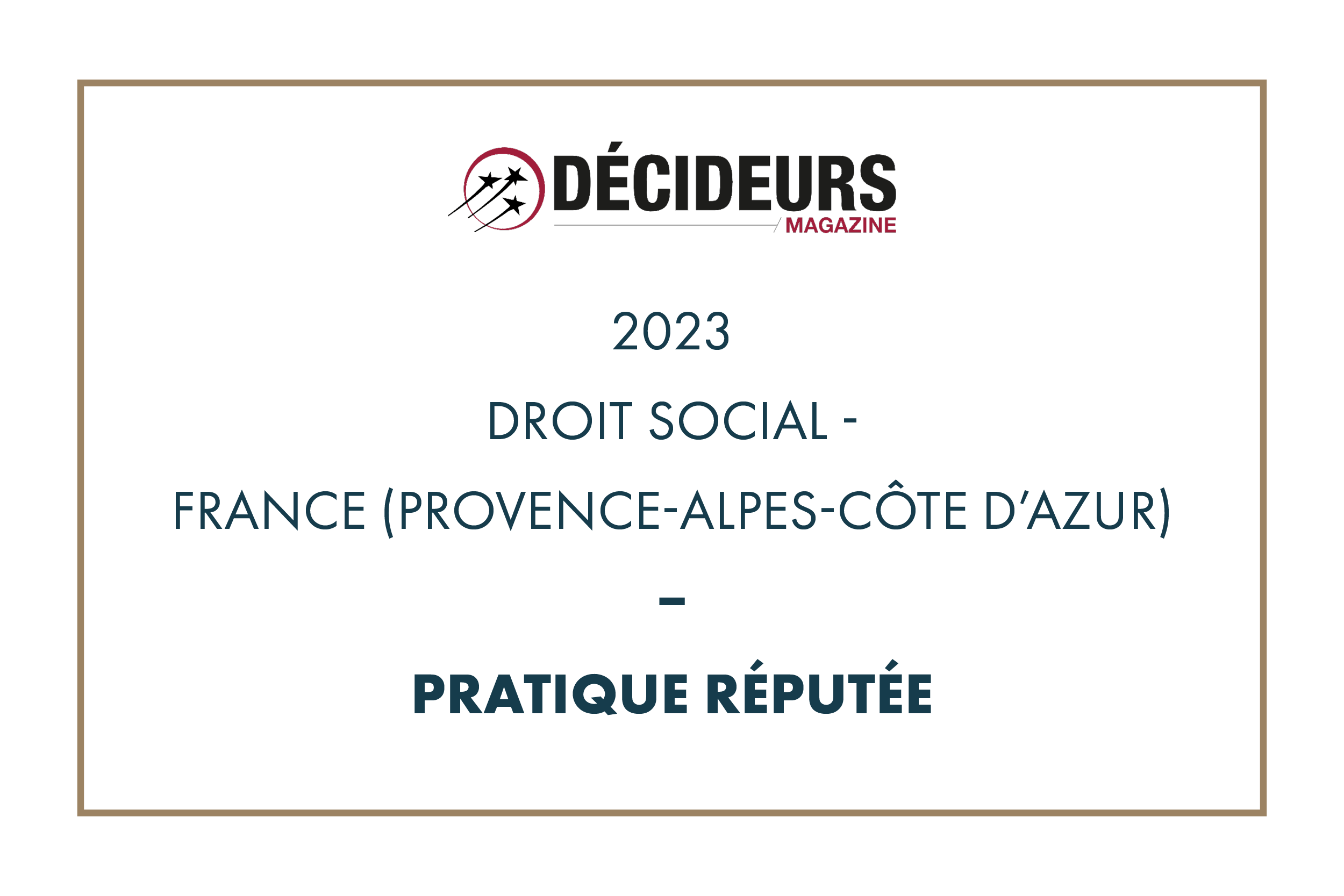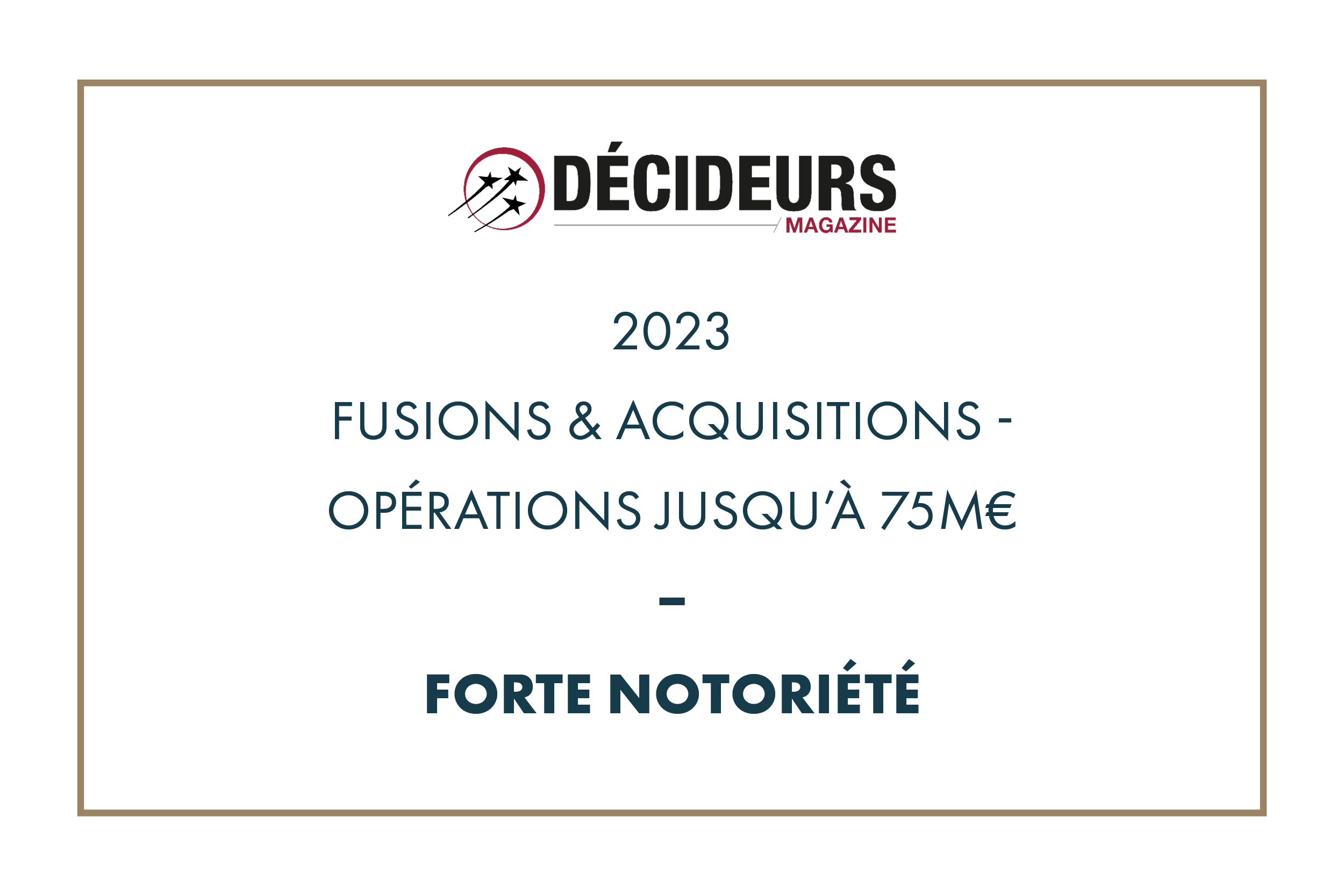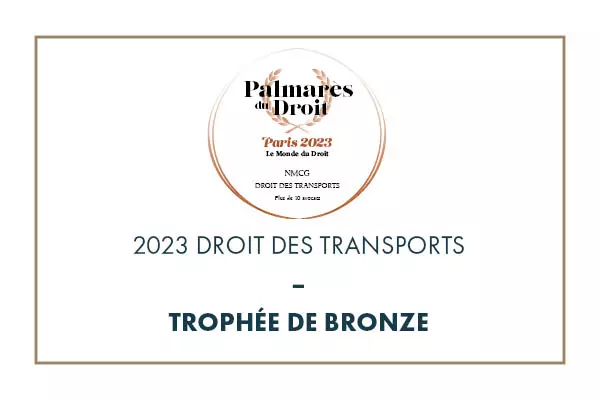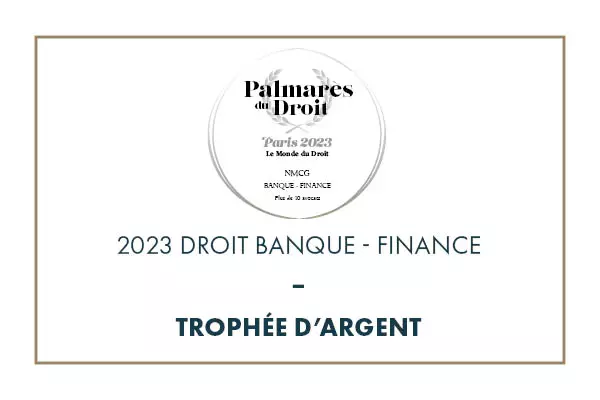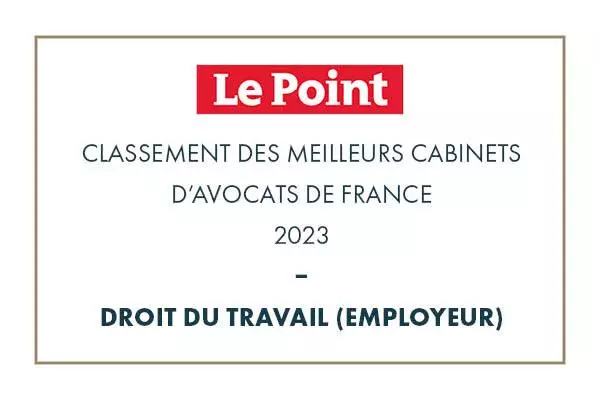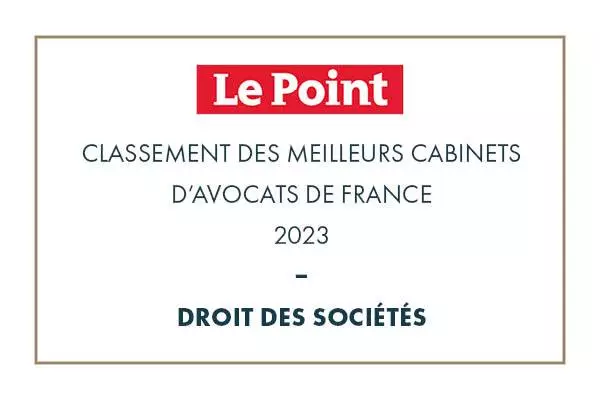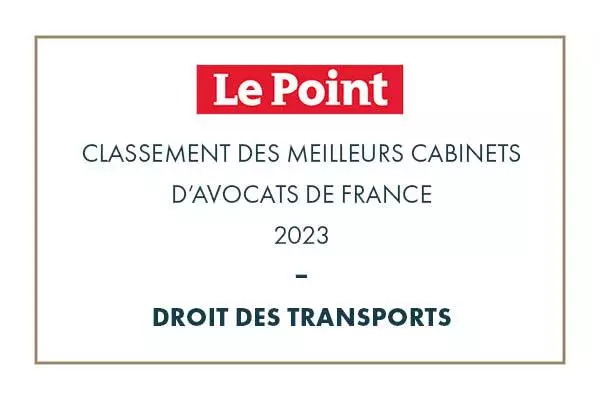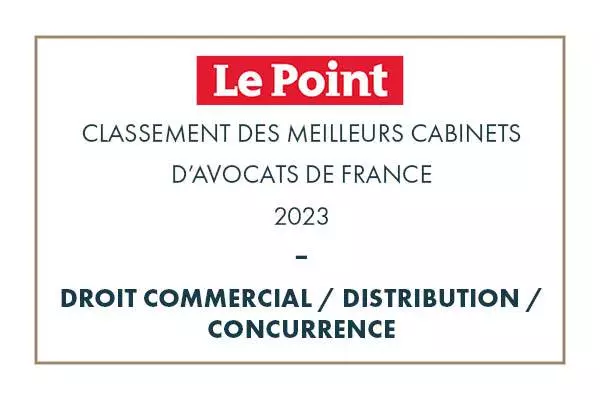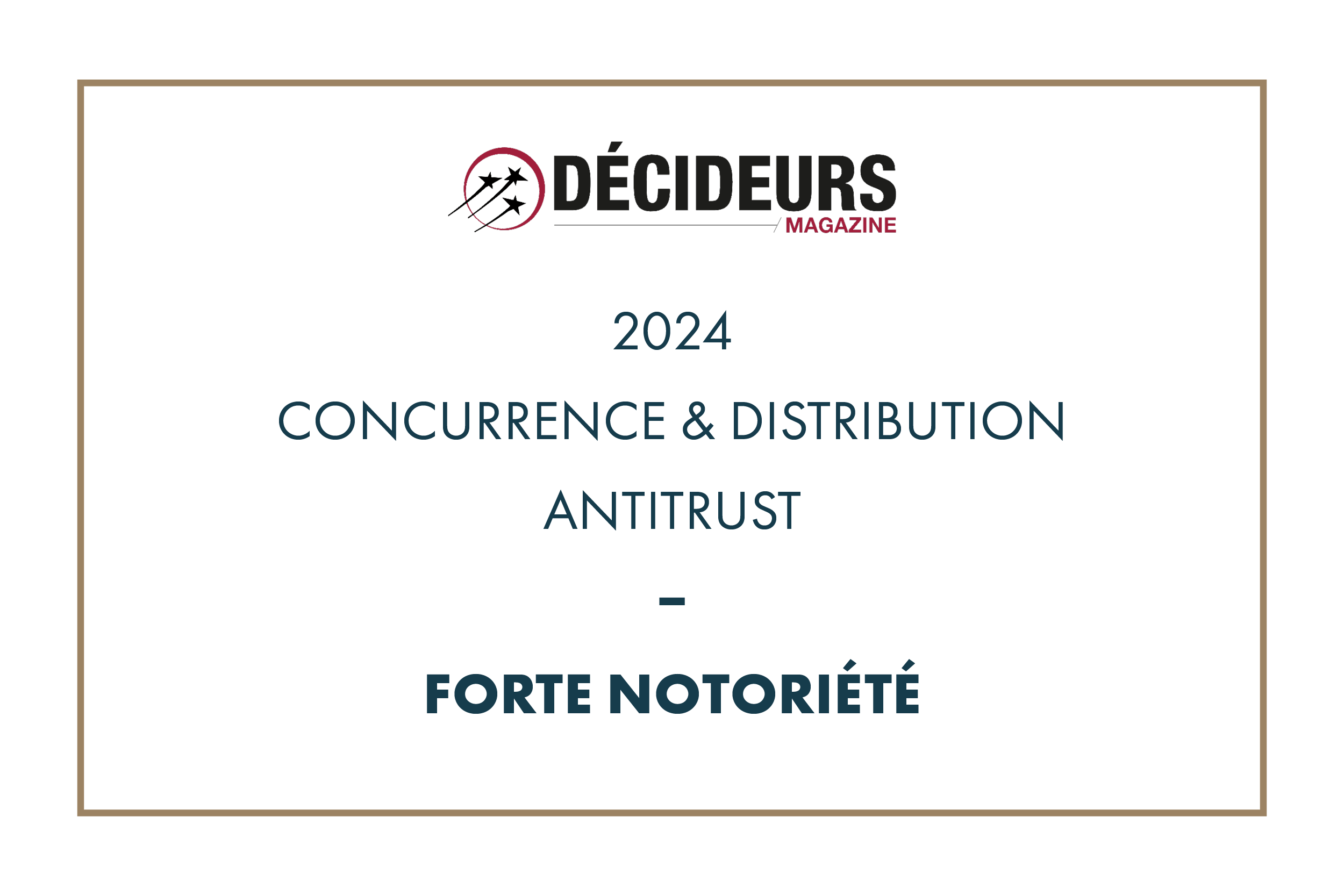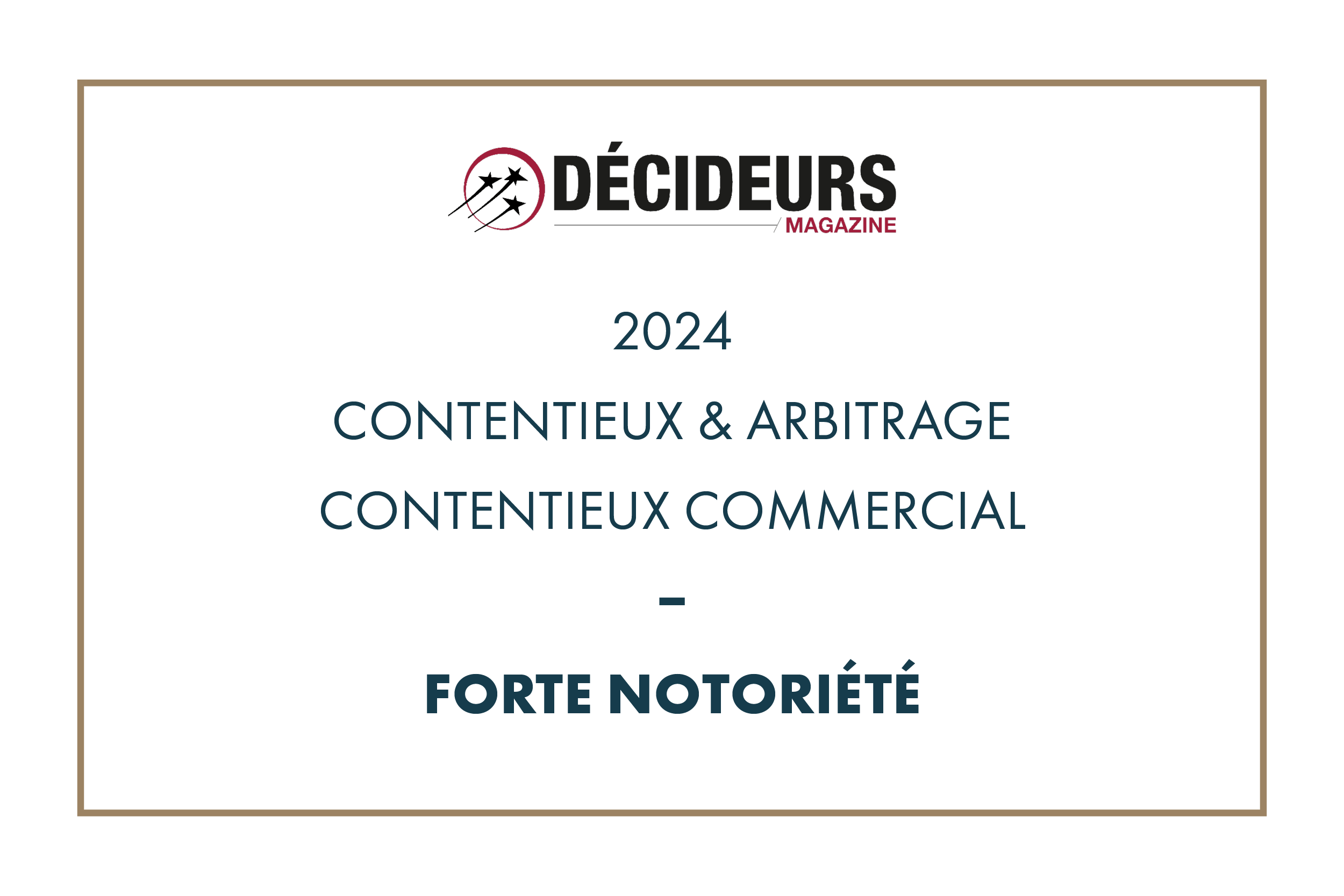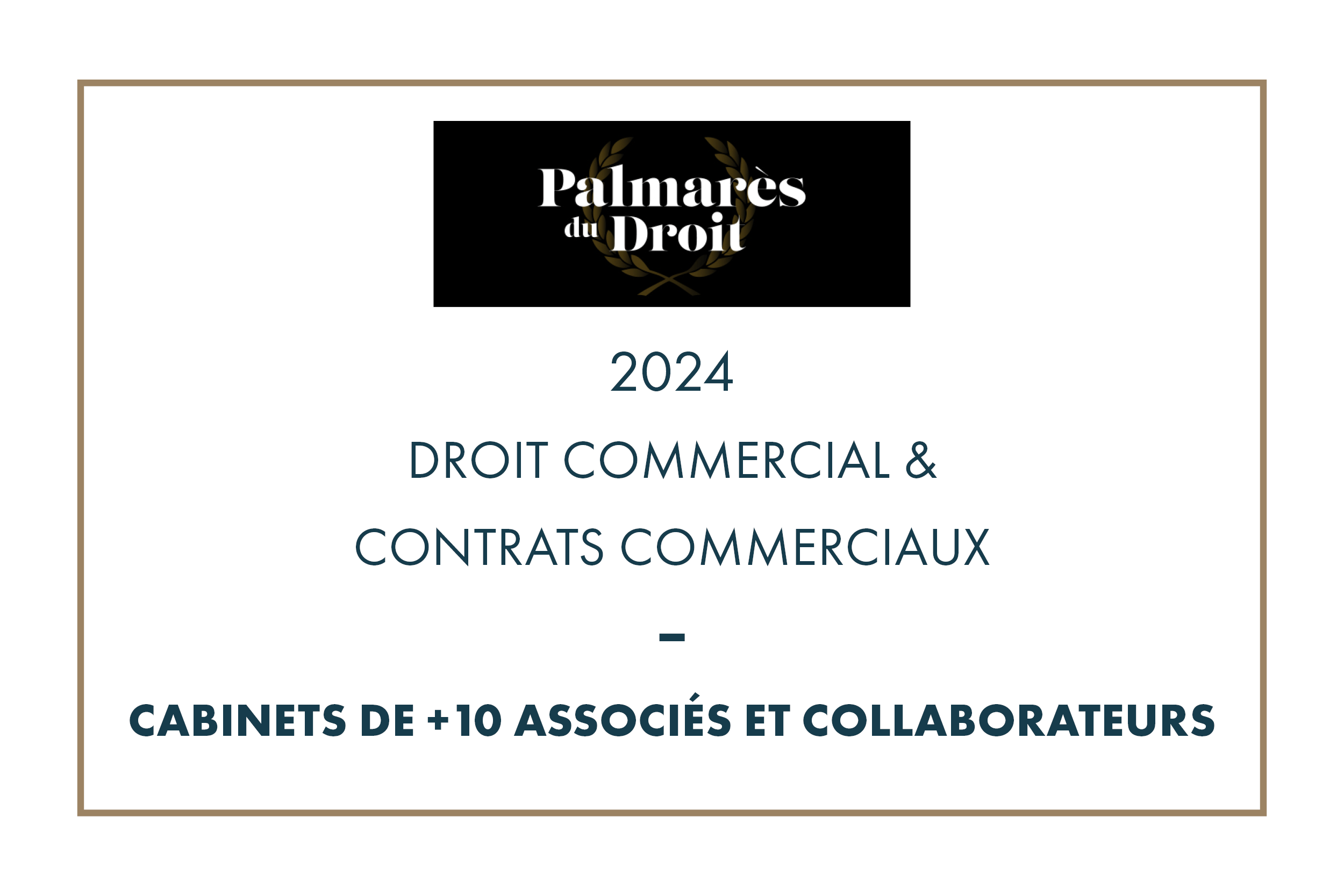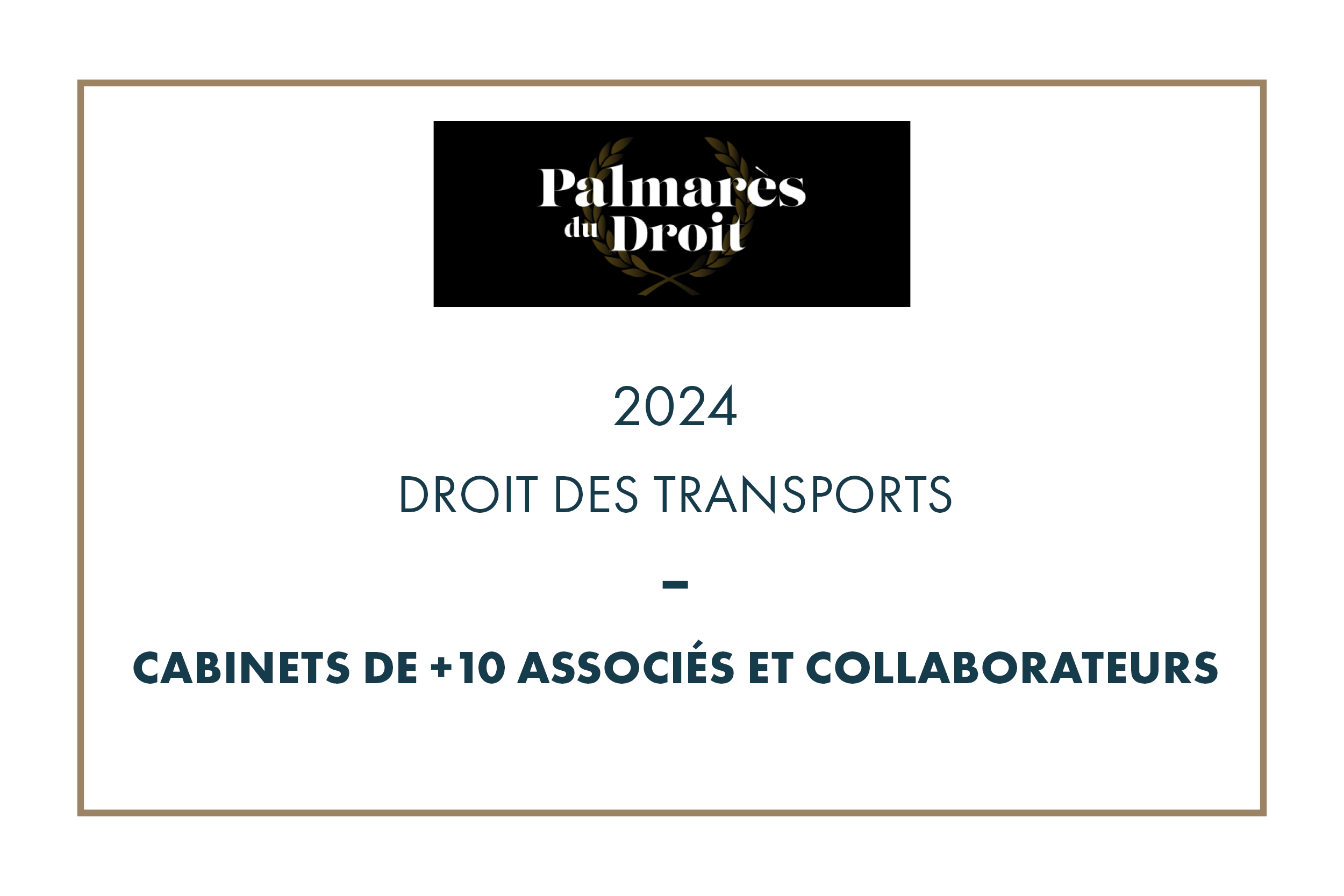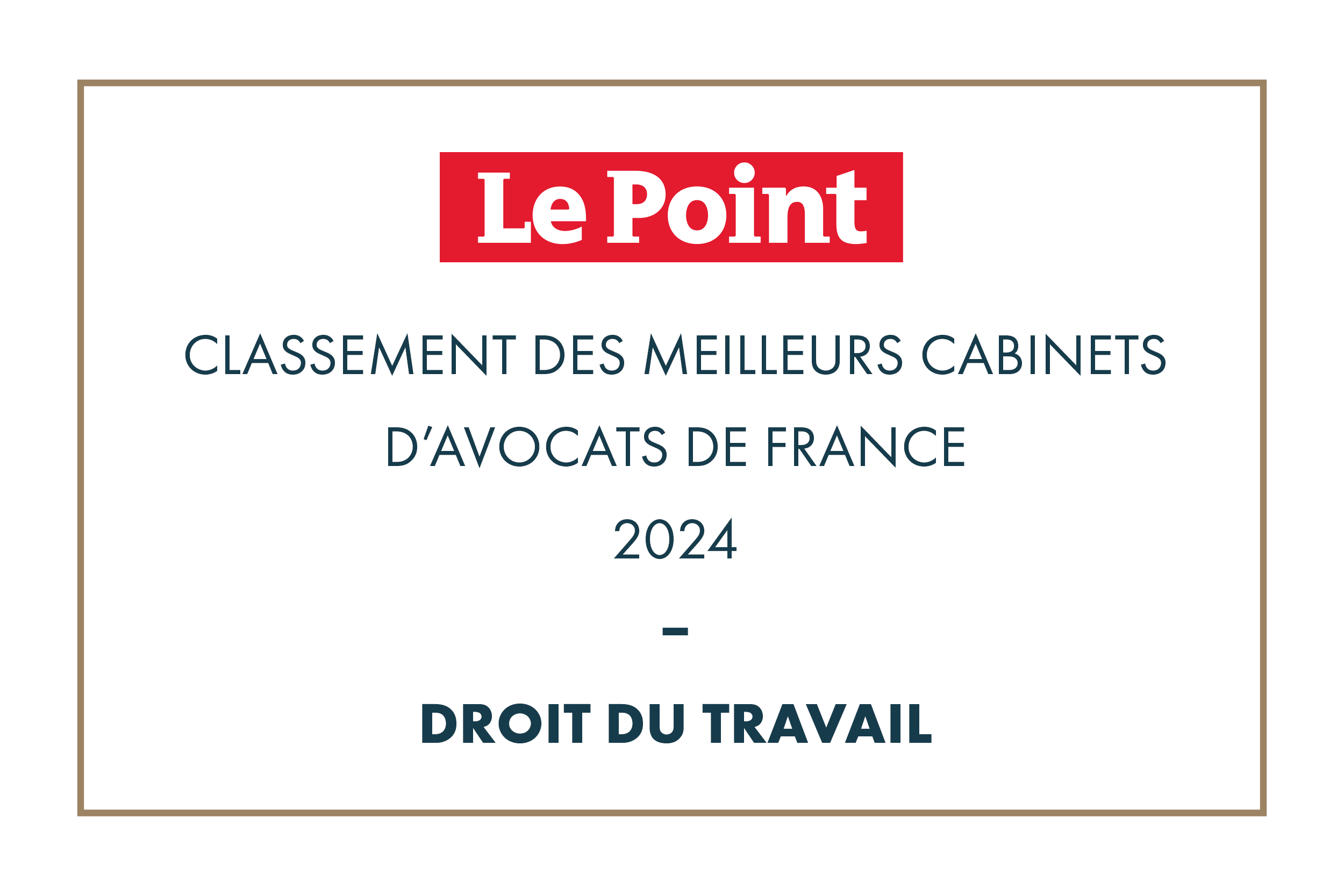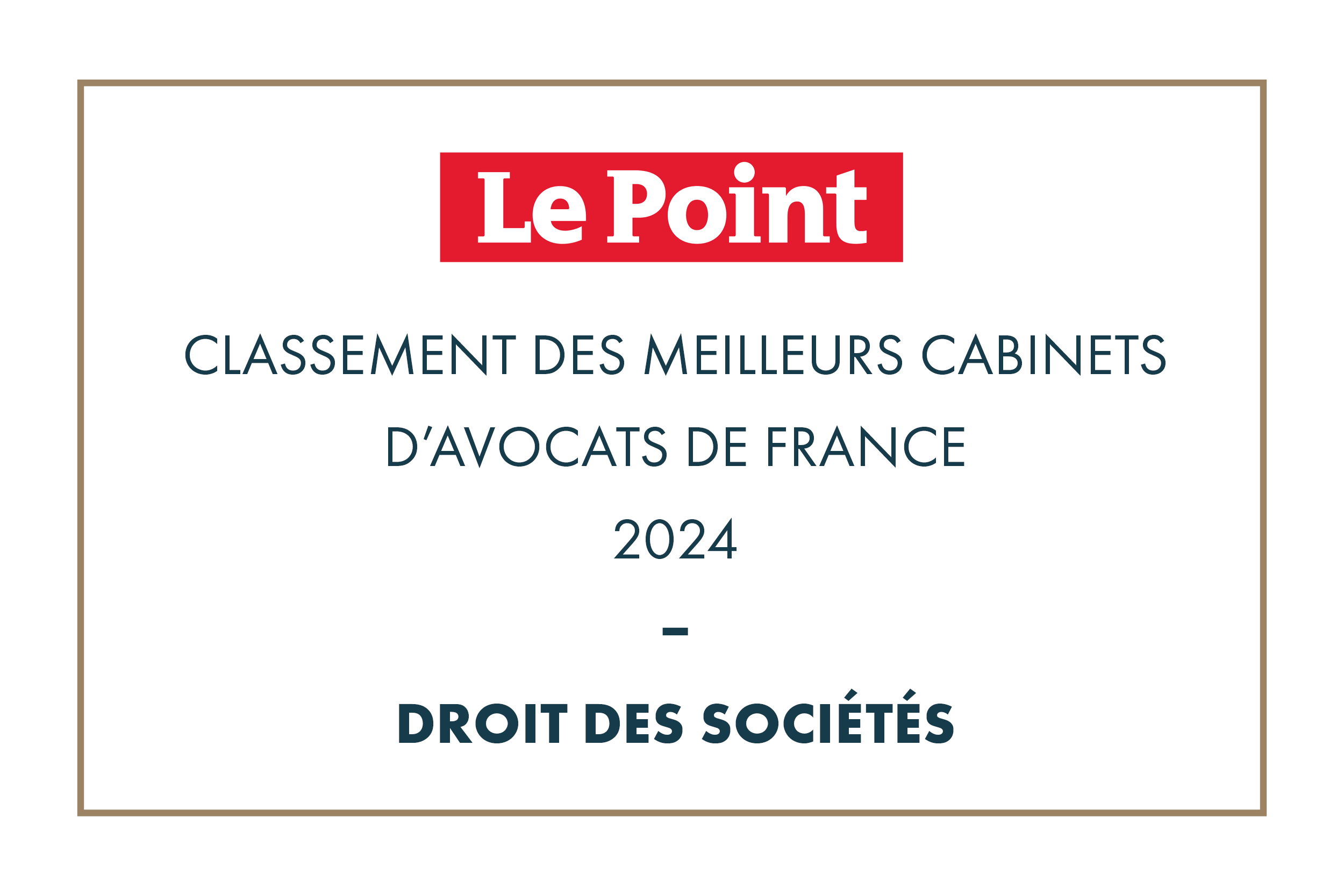Lawyer profile: Thomas Mélen
30 April 2024
8 questions to Thomas Mélen
- What have been the most decisive moments in your career so far, and how have they influenced your career path?
My change of activity in 2015, from M&A to ‘economic’ law, was a strategic and decisive moment for me.
It is this second discipline, which covers the law relating to business life, that has enabled me to evolve and to find my balance today in both advisory and litigation work.
Moving from an almost exclusively corporate law practice to one that focuses more on the day-to-day business of companies has helped me to understand what is at stake for managers in the development of their companies. What’s more, it made it easier for me to understand the ‘cipher score’ of any society. Numbers most often govern business and understanding them is a plus.
I don’t regret this change of direction and the combination of these disciplines.
- Which trip(s) or experience(s) abroad have had the greatest impact on your personal and professional development?
Generally speaking, travel is always a relevant and enriching experience, both personally and professionally, as it encourages open-mindedness.
In fact, our profession requires us to be open-minded, as we often have to reflect on situations experienced by our clients, who are professionals in different fields. Understand, put yourself in other people’s shoes, respect other people’s ways of doing things. That’s what we often do when we travel, especially for tourism!
A recent trip to San Diego in California gave me the opportunity to meet many of my colleagues from all over the world, as part of the Law Exchange network to which NMCG belongs. These meetings then facilitated exchanges within the framework of cross-files. Creating a link shortens presentations and saves time when starting up a file!
- Can you describe a particularly rewarding moment in your career at NMCG?
It’s hard to pick one moment in particular. Usually, winning a court case, succeeding in a negotiation or reaching an agreement in a case that has got off to a bad start is a source of satisfaction on the one hand, but also rewarding on the other.
I’m thinking immediately of a case where the outcome was uncertain, and which took place in the context of an arbitration procedure. The process was lengthy and involved a huge amount of work. Numerous legal points were debated.
Announcing the victory to our customers was extremely gratifying, because I don’t think they believed it! It’s a moment like this that shows you’ve mastered the law and know how to use it.
- Can you tell us about your interest in crafts and artistic professions, and what they bring to your daily life and professional practice?
I’ve always been attracted to crafts (of all kinds) and arts and crafts. I don’t have any particular qualifications in these areas, but precise work involving concentration, precision and patience has fascinated me since I was very young. I think it’s being able to spend time alone, concentrating on a task, clearing the air around you that appeals to me. I can spend hours looking at the infinitely small, observing the details of a hand-crafted piece, of an object, and appreciating what someone has taken hours, days, months to make.
On a day-to-day basis, the need to stay focused, to not lose sight of the objective, to keep information in mind when the situation can get out of hand or get out of hand (in court for example) is essential, and I think that training my mind to stay focused helps me a lot.
- How do you handle disagreements with your customers, and how do you try to resolve them constructively?
Against all odds, I’m convinced that you should never hesitate to say no to a customer.
What they come for is advice, a solution, and sometimes a decision. Of course, sometimes the best solution is not the one you hoped for, or at least not the one you like best. In this case, it is important to have defended an unpleasant position, which generally involves asking the customer to take a step back (which is generally difficult for them).
The customer is sometimes the most difficult party to convince, but succeeding is often synonymous with success for the rest of the project!
- How do you maintain the balance between being close to your customers and providing them with the practical answers they expect, while at the same time guaranteeing solid legal expertise?
This ties in with the previous question. Talking to the customer without a filter and making them understand that their case is being treated as if it were my own problem allows me to work in confidence.
Being pragmatic, and not necessarily providing multi-page consultations when the customer doesn’t need them, allows us to move forward with confidence. I sincerely believe that our clients are aware of our ‘business’ approach to each case and that they know that before each answer, however short, the necessary research has been carried out.
On the other hand, clients sometimes want to know as much as possible about the research that led to our position. We always adapt to the level of detail the customer expects.
- How would you rate the impact of NMCG’s ‘corporate culture’ on your own working style and on customer satisfaction?
We are, I think, responsive, both in terms of the response we give to customers and in terms of initiative and ideas. We are doing everything necessary to go further than the initial request. We look at the consequences of what the customer asks for, and don’t hesitate to tell them. In my opinion, that’s what sets us apart. Don’t be a lawyer for the sake of being a lawyer. That’s what I’ve always known at NMCG and what now guides the way I work.
Most of our customers have been with us for a long time. In any case, over the years they have continued to ask us for help. So I see it as a positive way of working, one that builds customer loyalty by meeting their expectations.
- How do initiatives such as NMCG’s in-house events help to build team cohesion and foster a collaborative and positive working environment, and how does this translate into a better experience for you as a lawyer at the firm?
Knowing the people you work with on a daily basis is important for two reasons.
The first is the cross-fertilisation of skills. In practical terms, because the firm has several areas of expertise, it is sometimes difficult to know exactly what others are doing in other areas. Getting to know the other teams and talking to them helps you to understand their day-to-day problems and, of course, to identify problems that are outside your area of expertise, but which can still be dealt with by the firm. Without these internal meetings and off-site events, it’s sometimes difficult to find the time to meet up.
The second reason is obviously a little more light-hearted: spending some relaxing time in Paris, or abroad during team-building events, is certainly a lot of fun!




